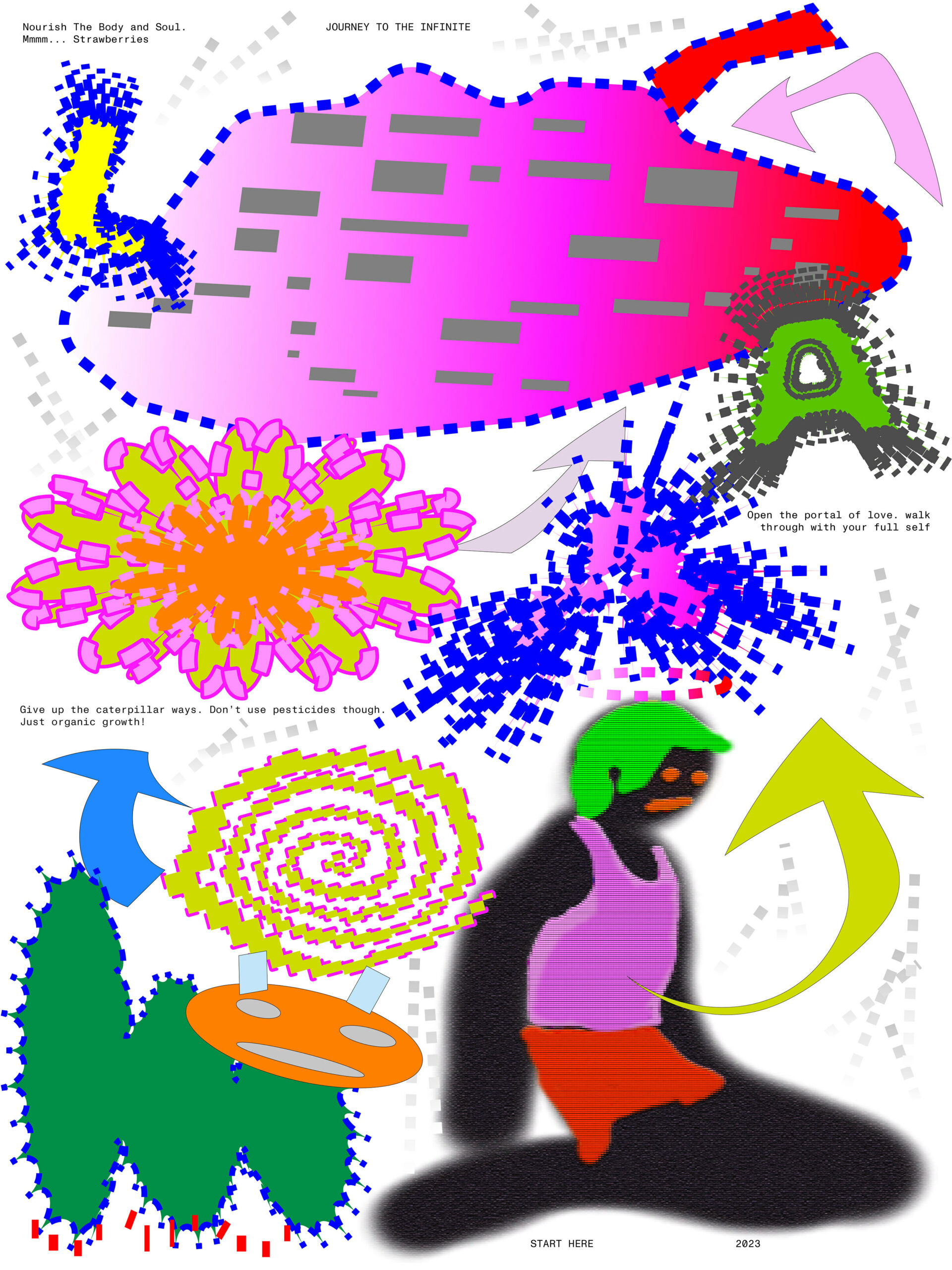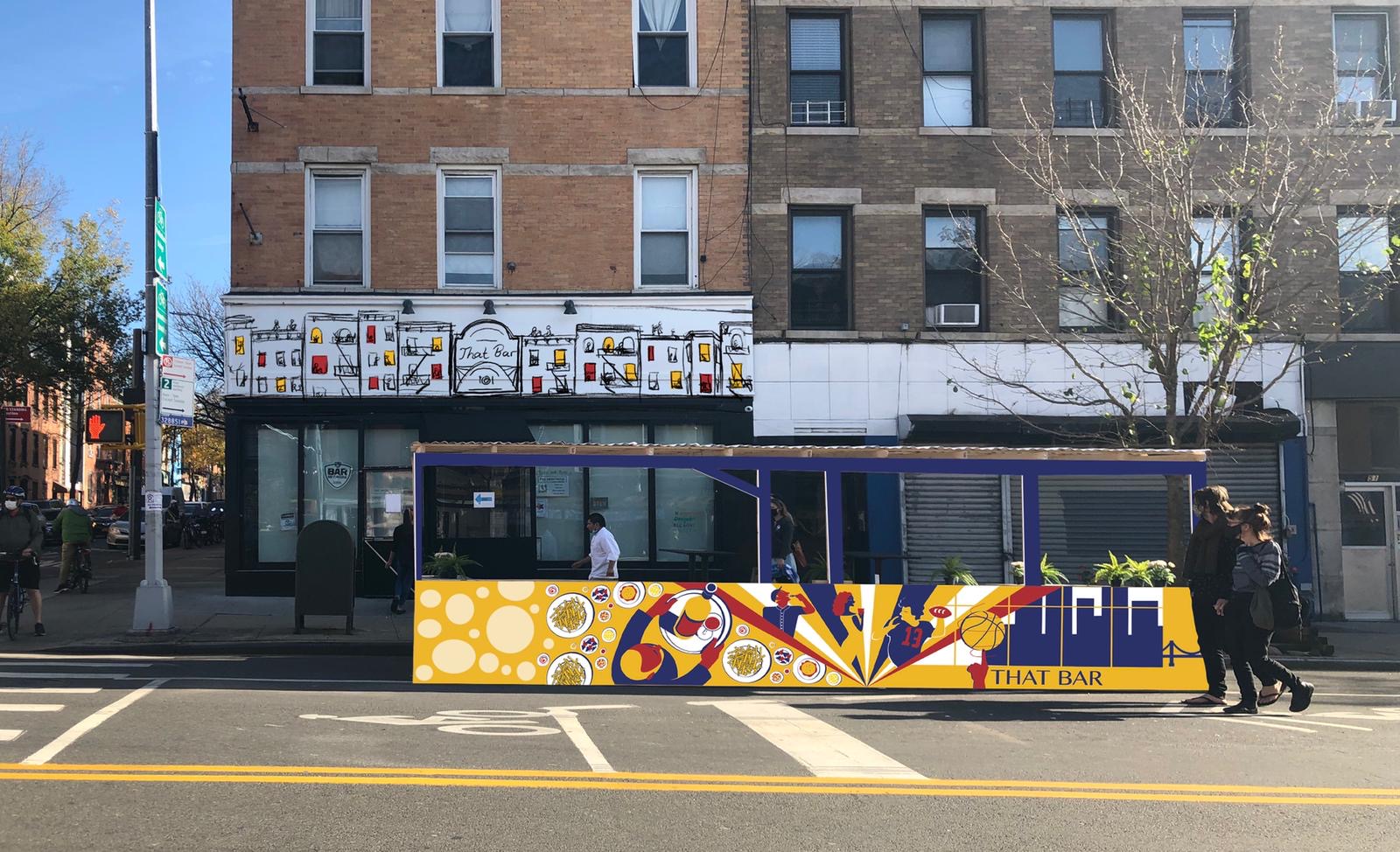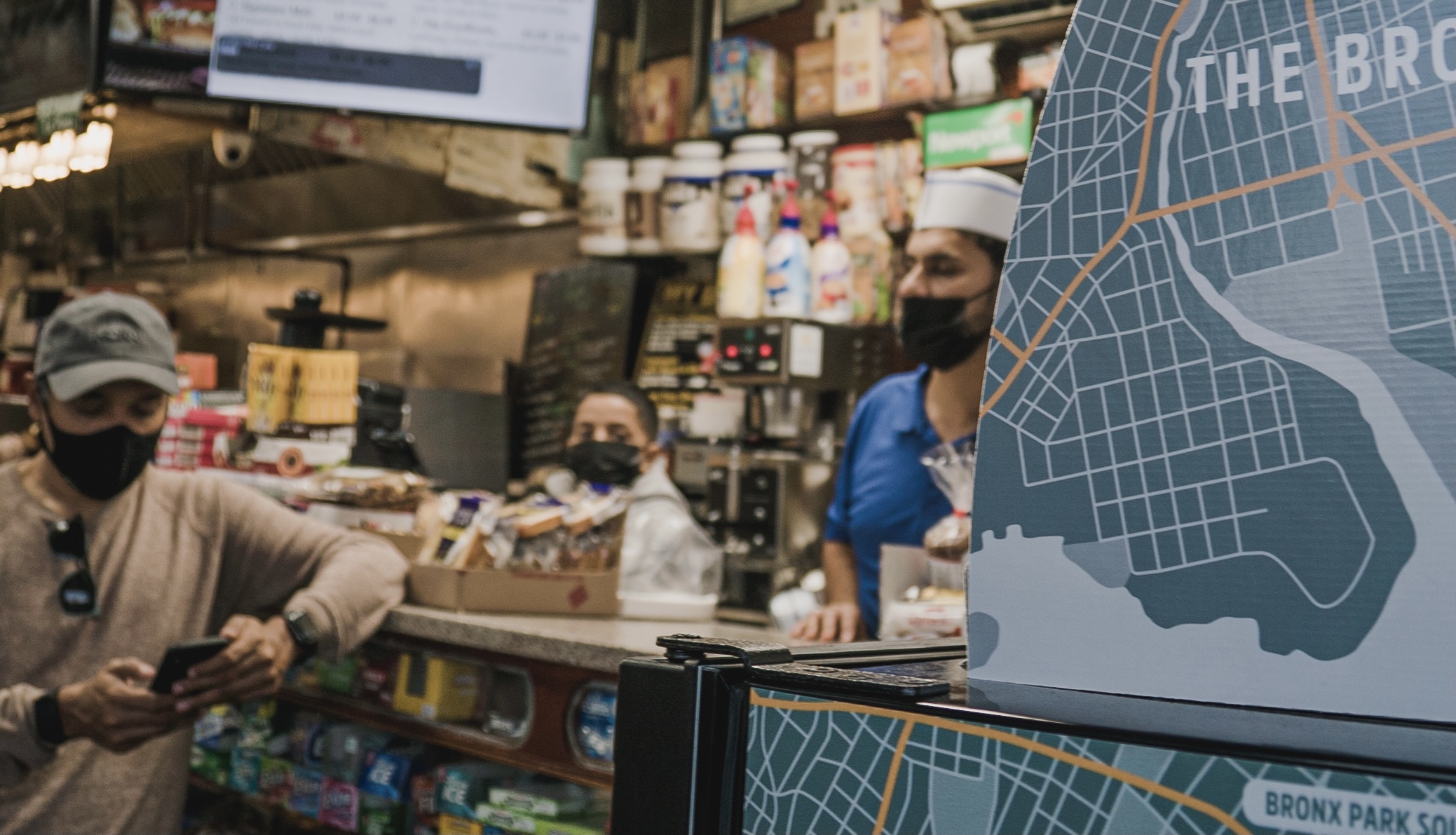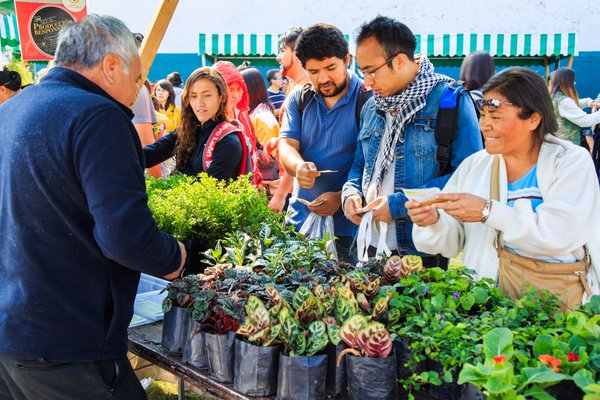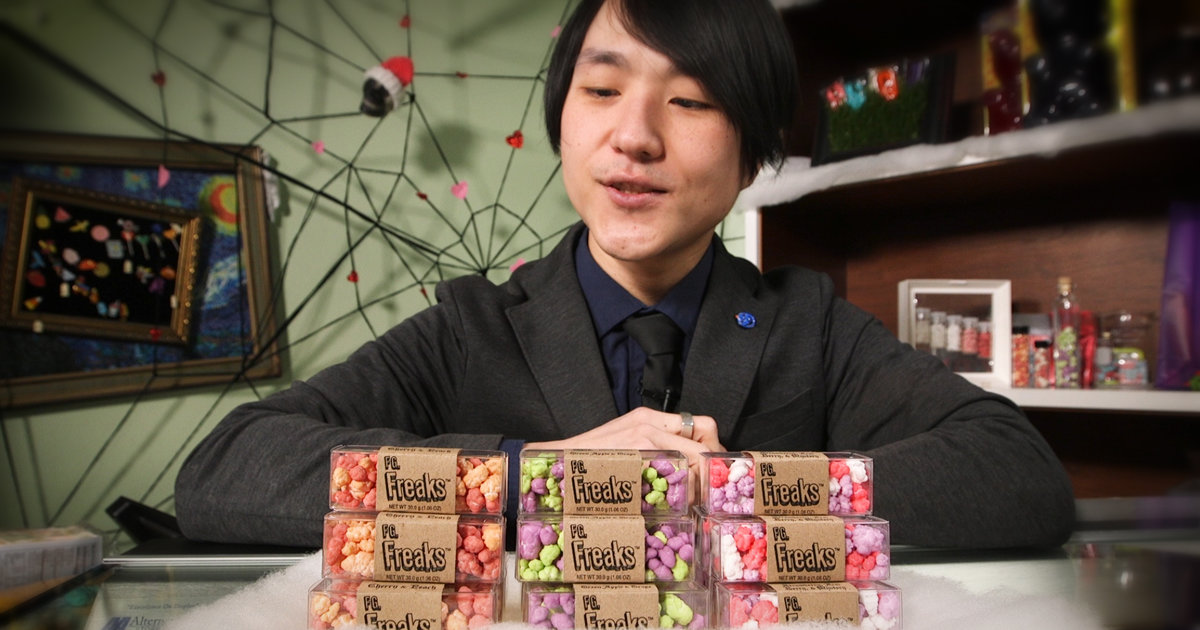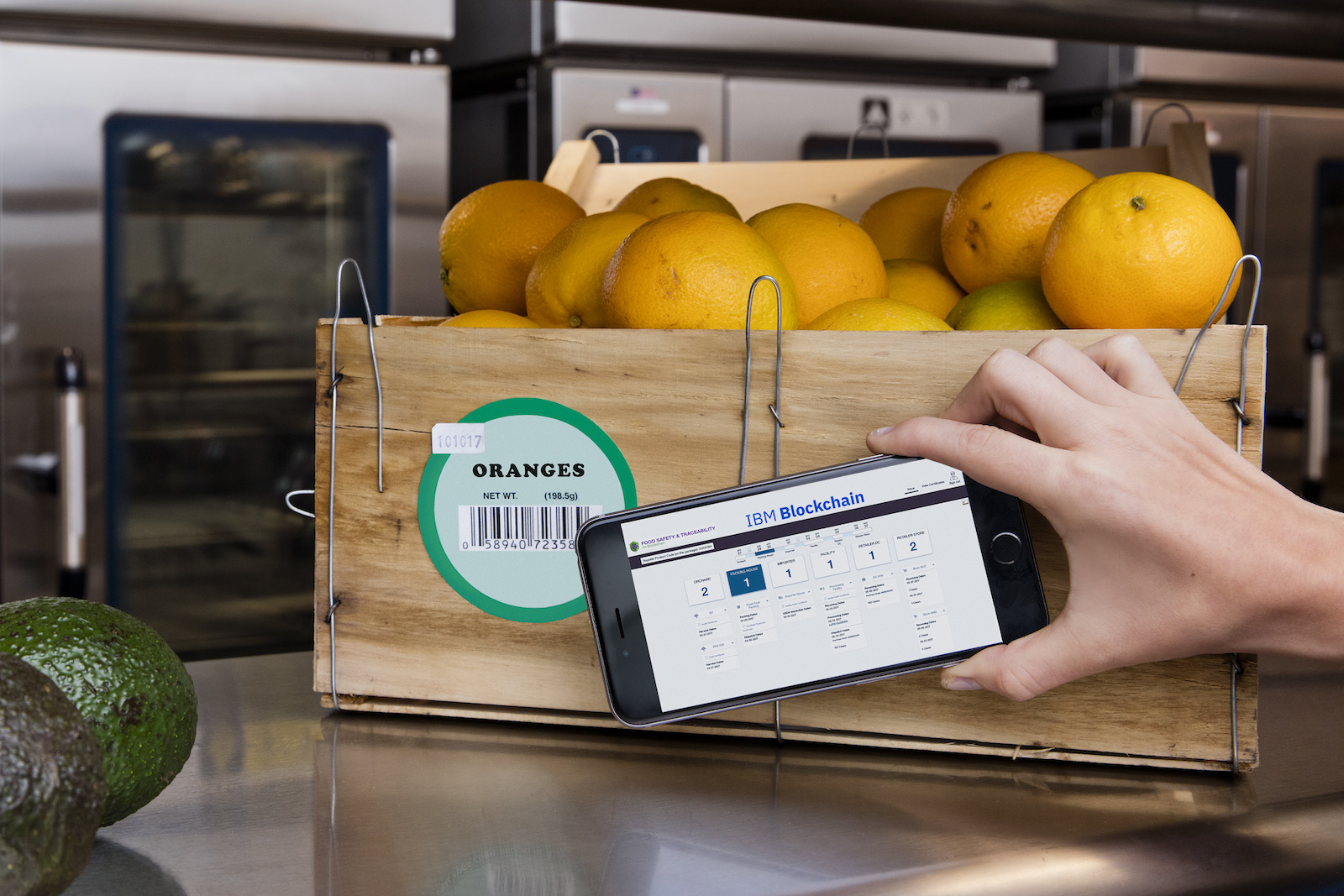It’s no secret that fighting food waste is a key tenet for addressing the challenge of feeding 9 billion people by the year 2050. In Denmark, the Wefood supermarket could be a potential blueprint for how governments, NGOs, business and citizens can join together to fight the good fight.
Wefood is Denmark’s first surplus goods supermarket. Their first location opened doors in February 2016 and has salvaged more than 220 tons of food from the waste stream while raising over 1 million Danish Kroner for charity in its first year. An initiative of DanChurchAid, a member of one of the world’s largest NGOs, Wefood sells donated products from partner food purveyors to the public at discounted prices. Staffed by over 100 volunteers, Wefood can stock products that would typically end up in our landfills—products approaching their “best before” dates, seasonal products like Christmas cakes and those that might have defective packaging—thanks to a change of Danish law in 2014.
The process is relatively straight-forward. All volunteers take a mandatory food safety course. Volunteer logistics teams collect donated goods from Wefood’s partner retailers using the Wefood van 2-3x a week and process the products through Wefood’s food safety check and monitor food safety in the store. Volunteers also staff the cash wrap and price and stock goods. Using social media, the team can communicate what is in stock that week to their customers.
“Since we opened the store, we still have a big challenge to change our way of thinking about the culture of food, our behavior, our thinking and habits.” Wefood’s project coordinator Sofie Østensgård told MOLD. “Another focus for Wefood is to change people’s attitudes towards food.” With products priced at 30-50% cheaper than retail, Wefood has become a grocery destination for a broad swath of Copenhagen’s population—students, families, neighborhood residents—and is notable for their open door policy to any potential customer. Similar programs in Switzerland are only open to those who receive government welfare whereas Wefood wants to shape attitudes around food waste for a general audience.
Because of their relationship with suppliers that include supermarkets, small stakeholder farmers and food purveyors for restaurants and institutions, Wefood is positioning their operation as the “first stop before the grocery store,” for shoppers who are interested in getting a good deal while supporting a social aid organization, explained Østensgård. Although there are certain products that will reliably be in stock like bread, pastas, a selection of sauces and produce, the specific items available are not consistent. This approach might work for a more casual home cook, Wefood would not be a natural fit for those who strictly follow recipes. Their second location in Nørrebro is positioned as a convenient stop for over 10,000 bikers that pass by each day and typically welcomes about 200 people a day who shop in store. A third retail location will be opening in Aarhus, Denmark’s second largest city, in the fall.
Although its more cost effective for supermarkets to dispose of surplus foods rather than donating it, Wefood is hoping that working with policy makers will make the process of donating food easier in the future. The 2014 change in law that allows retailers to sell products that are past their “best before” dates was the first step in reducing food waste at the retail level.
Denmark has more food waste initiatives than any other country in Europe and has reduced their food waste by 25% in the past five years, there is still a ways to go. Annual projections of food waste reach up to 700,000 tons a year. Wefood’s blueprint for policy-making, non-profit strategy and consumer support is a scalable opportunity for entrepreneurially-minded individuals who are interested in fighting food waste locally.





